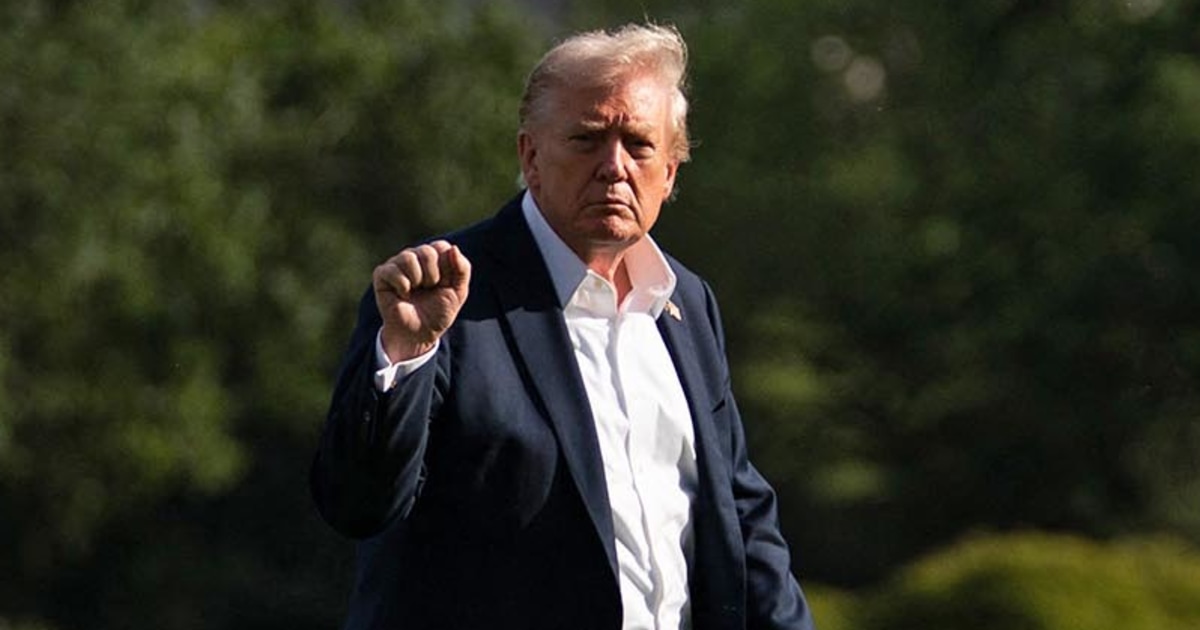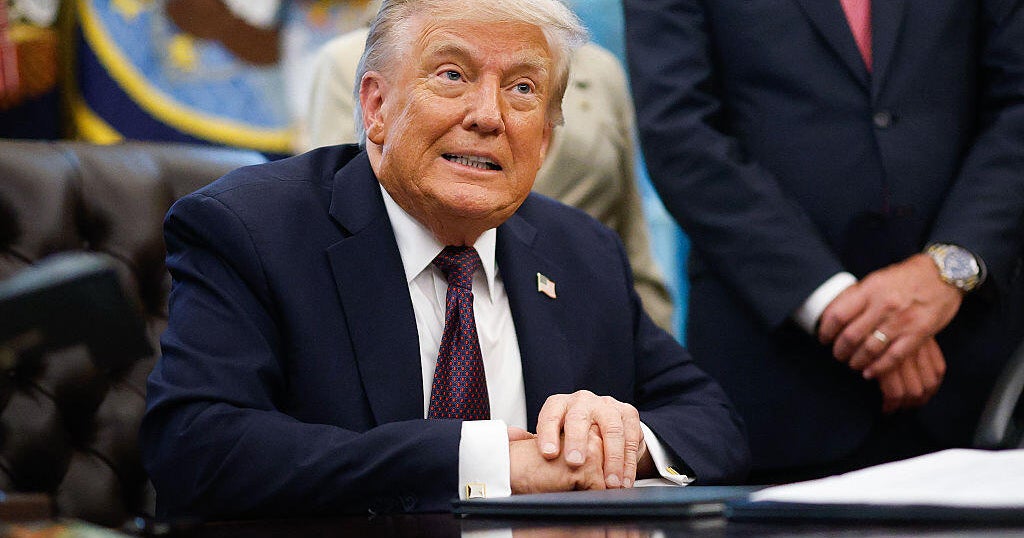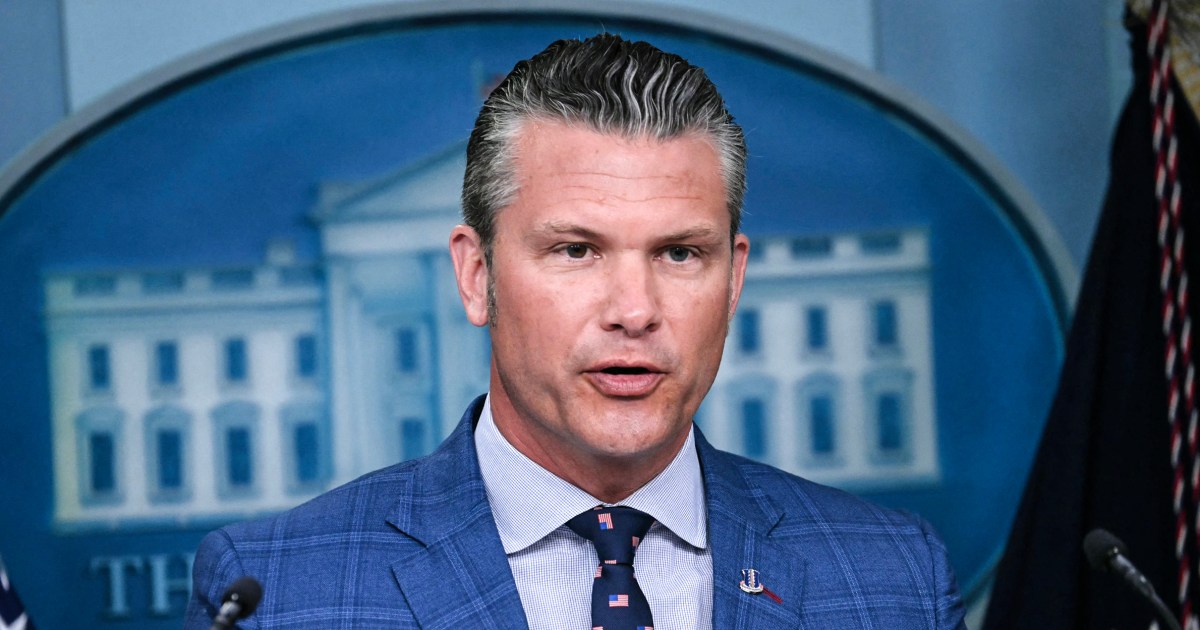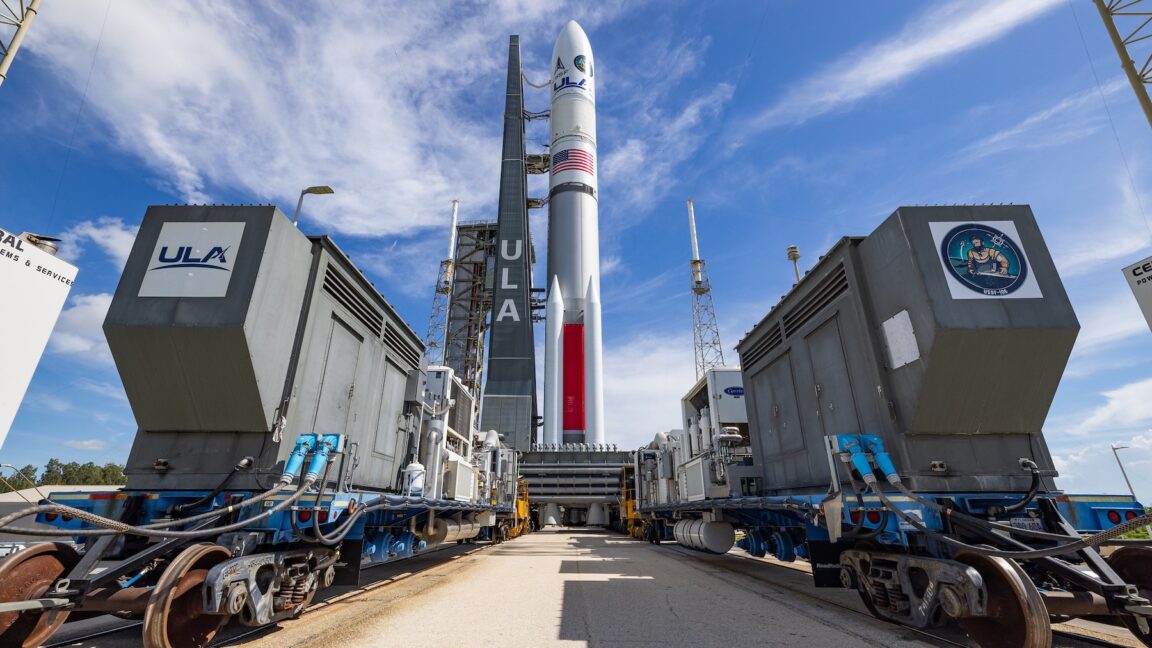Federal Action Against Radical Left Violence in Portland: Federal Response and National Security
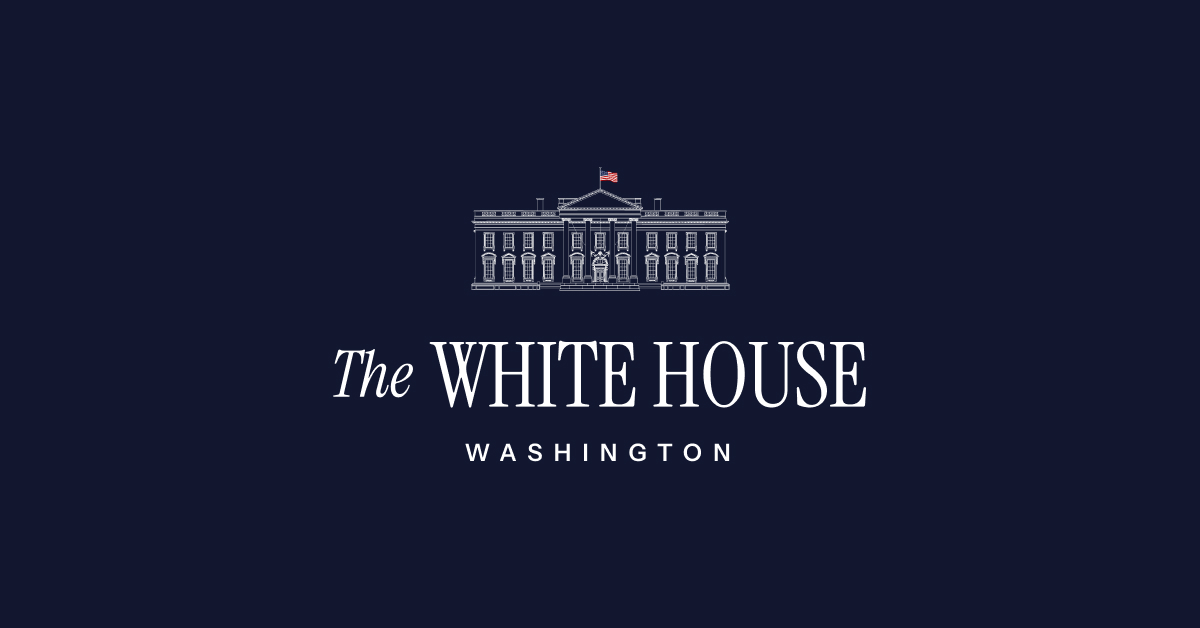
Federal Action Against Radical Left Violence in Portland
President Donald J. Trump has taken decisive steps to end the violent unrest in Portland, where radical left groups, including Antifa factions, have wreaked havoc. By deploying federal law enforcement resources, the administration aims to restore order and protect citizens from escalating chaos. This move signals a firm commitment to counter domestic terrorism and safeguard public safety in affected urban areas.
Addressing Antifa-Led Unrest
The surge in violent incidents tied to Antifa and other radical left elements has prompted a robust federal response. Portland’s streets, long plagued by nightly confrontations and property destruction, will now see increased federal presence to deter attacks and dismantle organized violent activities. The effort underscores the administration’s stance against lawlessness regardless of political affiliation.
Implications for National Security
Mobilizing federal resources to combat radical left terrorism in Portland sets a precedent for addressing domestic threats nationwide. It reflects an urgent prioritization of national security and the rule of law, aiming to protect communities and maintain peace amid growing political and social tensions.
About the People Mentioned
Donald J. Trump
Donald John Trump, born June 14, 1946, in Queens, New York, to real estate developer Fred Trump and Mary Anne MacLeod Trump, is an American businessman and politician serving as the 45th and 47th President of the United States.[1][3][6] After graduating from the New York Military Academy and the Wharton School at the University of Pennsylvania in 1968, he joined his father's company, becoming president in 1971 and renaming it the Trump Organization.[4][5][6] Trump expanded it into luxury properties like Trump Tower (1983), hotels, casinos such as the Trump Taj Mahal (1990), resorts, and golf courses, authoring the bestseller *The Art of the Deal*.[2][5][6] Entering politics without prior public office, Trump announced his presidential candidacy on June 16, 2015, secured the Republican nomination in 2016, and won the election against Hillary Clinton, prevailing in the Electoral College (304-227) despite losing the popular vote.[1][2][3] Inaugurated as the 45th president on January 20, 2017, his first term featured tax cuts, deregulation, replacing NAFTA with the USMCA, energy independence, launching the Space Force, defeating ISIS, Middle East peace deals, criminal justice reform, appointing three Supreme Court justices and over 250 judges, military rebuilding, and border security measures.[2][4][7] He was impeached twice—first in 2019 over Ukraine-related charges (acquitted 2020)—and lost the 2020 election to Joe Biden.[3] Trump announced his 2024 candidacy in November 2022, defeating Kamala Harris with 312 electoral votes and 49.9% of the popular vote, becoming the second president with nonconsecutive terms after Grover Cleveland.[3][4] Inaugurated on January 20, 2025, as the 47th president, his campaign emphasized immigration, tariffs, tax reform, and reducing regulations.[4][6][7] In July 2024, he survived an assassination attempt at a rally in Butler, Pennsylvania.[6] As of early 2026, Trump remains a pivotal figure in U.S. politics, embodying entrepreneurial success and partisan division.[2][3]
About the Organizations Mentioned
Antifa
## Overview Antifa—short for “anti-fascist”—is a decentralized, left-wing political movement in the United States primarily focused on opposing fascism, racism, and far-right extremism[1][2][6]. It is not a single organization but rather a loose network of autonomous groups and individuals united by a common ideology rather than a formal leadership structure[1][2][6]. The movement has roots in European anti-fascist resistance, particularly from Germany, but has evolved distinctly in the U.S. context, with the Anti-Racist Action (ARA) network recognized as a key precursor[1]. ## Activities and Tactics Antifa’s activism spans a spectrum from nonviolent methods—such as community organizing, educational campaigns, and peaceful protests—to more controversial tactics, including digital activism, counter-protests at far-right events, doxing, and, in some cases, property damage or physical confrontations[1][2]. The movement’s supporters are typically anarchists, communists, and socialists, though some social democrats also participate[1]. Their primary target is far-right extremism, including neo-Nazis and white supremacists, and they often organize in response to perceived threats from these groups[1][2]. ## Historical Context and Achievements Antifa’s growth in the U.S. accelerated in the 1980s and 1990s with the rise of ARA and later during periods of heightened far-right activity, such as the Unite the Right rally in Charlottesville in 2017[1]. The movement’s main achievement has been its role in mobilizing opposition to far-right extremism, sometimes preventing or disrupting rallies and events organized by white supremacists. However, Antifa has also faced criticism for its confrontational tactics and lack of centralized accountability[1]. According to civil rights organizations, while there have been isolated incidents of violence and property damage linked to Antifa


